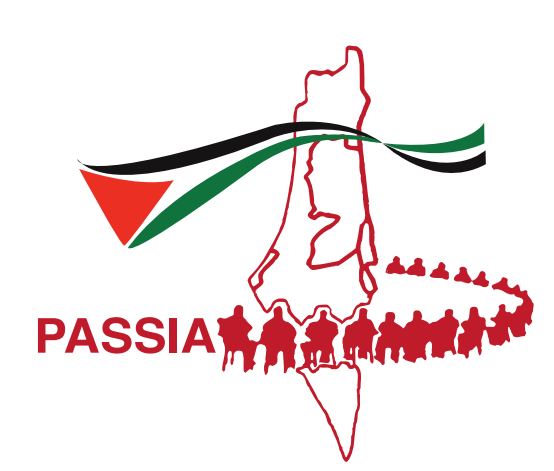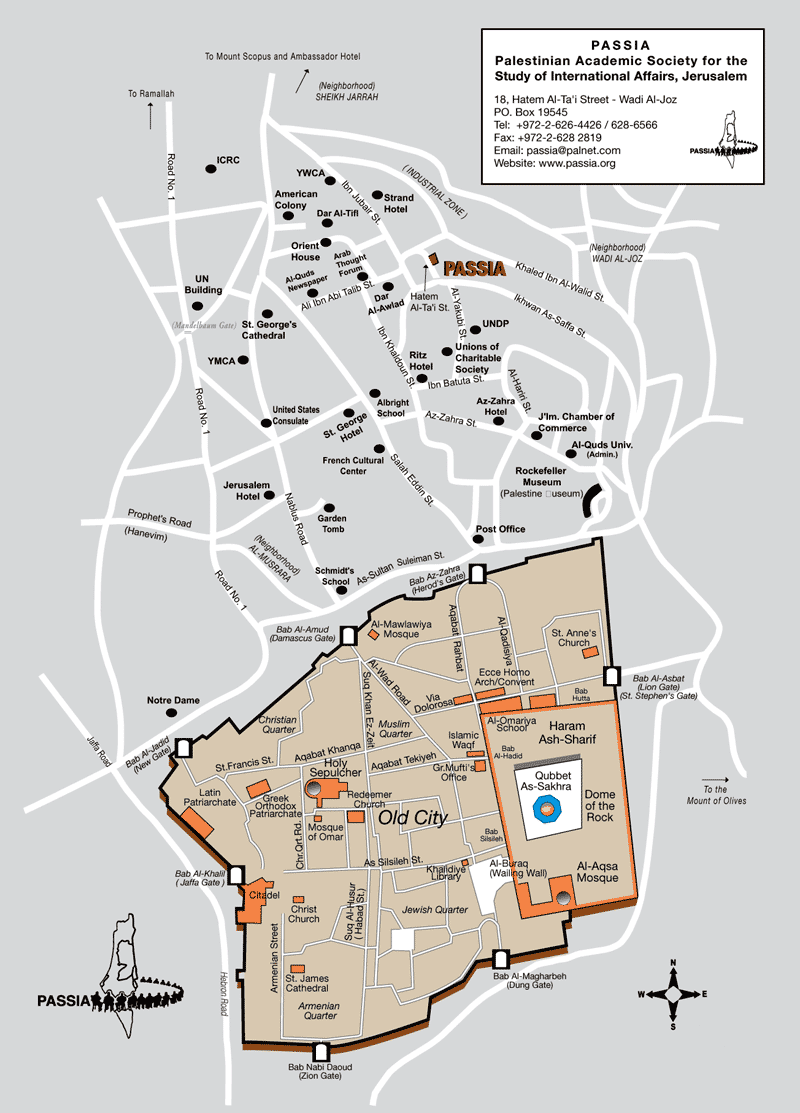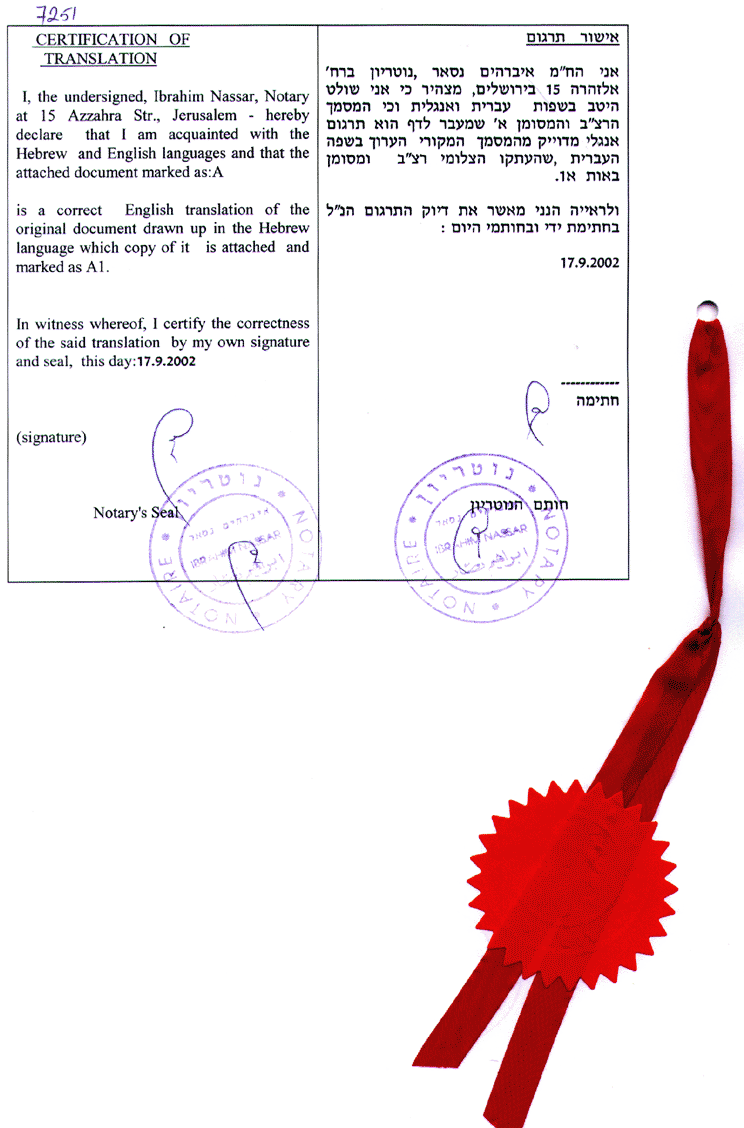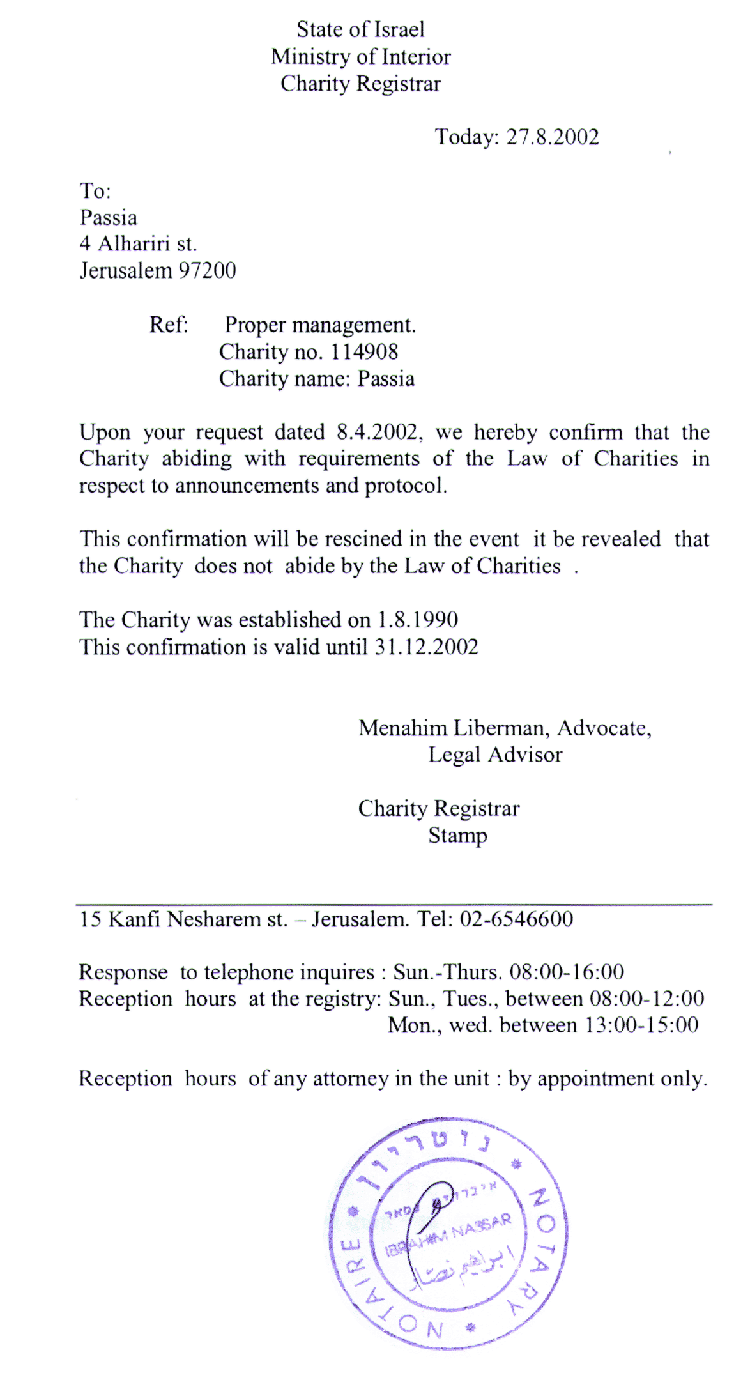About Us

About PASSIA
The Palestinian Academic Society for the Study of International Affairs (PASSIA) was founded in March 1987 by Dr. Mahdi Abdul Hadi and a group of Palestinian academics and intellectuals in Jerusalem as an independent think tank not affiliated with any government, political party or organization. PASSIA works to achieve its goals through the implementation of the following regular programs: Research and Studies, Roundtable Meetings, Interfaith Dialogue, Training and Education in International Affairs, Civil Society Empowerment, and the Question of Jerusalem, in addition to occasional special projects. PASSIA is involved with and contributes to a variety of networks, cooperates with numerous regional and international institutions and participates regularly in local, regional and international conferences.
PASSIA endeavors that research undertaken under its auspices be specialized, scientific and objective and that its symposia and workshops, whether international or intra-Palestinian, be open, self-critical and conducted in a spirit of harmony and cooperation.
Mission
PASSIA seeks to present the Palestinian Question in its national, Arab and international contexts through academic research, dialogue, education and publication. In order to facilitate understanding of Palestinian positions, it endeavors to analyze current policy issues, provide a constructive forum for open discussion, conduct high-quality, independent research and publish studies and information papers. In addition, PASSIA aims to empower young Palestinians through training programs and seminars that build capacity, skills and expertise.
Certifications
PASSIA is officially registered as an Educational Non-Governmental Organization (Registration No. 580114908 as of August 1, 1990).

Tel: +972-2-626-4426 / 628-6566
Fax: +972-2-628 2819
Email: passia@passia.org
3, Hind Al-Husseini St., Alley 2, Wadi Al-Joz
PO Box 19545, Jerusalem/Al-Quds
Facilities
PASSIA’s premises have a conference room and a smaller meeting room, accommodating 30 and 15 people respectively. For activities requiring larger capacities, PASSIA cooperates with other local institutions or rents halls in nearby hotels. PASSIA has a large specialized English and Arabic-language Library, which is frequently used by Palestinian and foreign researchers and students.
Board of Trustees
Dr. Mahdi Abdul Hadi - Chairman
Political scientist; historian; columnist; author; founder and member of various Palestinian, Arab and International institutions; head and founder of PASSIA, Jerusalem.
Owner and manager of a private Palestinian travel company, Jerusalem; member of various Palestinian women organizations, Jerusalem.
Associate Professor of History, Bethlehem University; founder and vice president of al-Liqa' Center for Religious and Heritage Studies in the Holy Land, Bethlehem.
Professor of Philosophy; political analyst; author and columnist; President of Al-Quds University, Jerusalem
Professor of Sociology, Bethlehem University; demographer; columnist and author of various studies; Executive Secretary, Middle East Council of Churches, Jerusalem.
Yousef Salman
M.B.A. Business Administration, St. John Fisher College, USA
Imad Farrah
B.A. Information Technology; Al-Quds University, Jerusalem
PASSIA TEAM
PASSIA employs a small core team which handles the execution of all PASSIA projects, research and administration. Other staff (researchers, editors, translators or program assistants) is hired as needed or commissioned for specific tasks related to PASSIA projects. The PASSIA team is regularly supported by interns and volunteers.
Dr. Mahdi Abdul Hadi - Chairman
Political scientist; historian; columnist; author; founder and member of various Palestinian, Arab and International institutions; head and founder of PASSIA, Jerusalem.
Adnan Joulani, Executive Director
M.A. International Studies, University of Reading, England
Deniz Altayli, Program Director
M.A. Sociology (with Economics and Political Science), Heidelberg University, Germany
Hind Husseini, Administration
B.A. English Language and Translation, Applied Science University, Jordan
Imad Farrah, IT Consultant
B.A. Information Technology; Al-Quds University, Jerusalem
Haitham Khalifeh, Accountant
M.B.A. Accounting, Birzeit University, Ramallah
Wa'el Sa'adi , Auditor (C.P.A)
B.A. Accounting & Economics; M.B.A. Business Administration; Hebrew University of Jerusalem
Partners & Funding Sources
PASSIA acknowledges with gratitude the contributions of the organizations and institutions listed below, without the current and past support of which our work would not have been possible.
Networking
PASSIA is a member of the following networks and associations:
 Palestinian NGO Network (PNGO)
Palestinian NGO Network (PNGO)
The PNGO Network strives to promote coordination and cooperation among Palestinian NGOs and to advocate their right to exist and function without restrictions. The PNGO is active in advancing democratic values and in strengthening the role of the civil society in Palestine.
 Euro-Mediterranean Study Commission (Euro-MeSCo)
Euro-Mediterranean Study Commission (Euro-MeSCo)
MeSCo was established in 1994 (PASSIA was a founding member) in order to provide Mediterranean countries with a forum for debating international policy and security issues from a regional point of view. In principle, network members deal with international relations and security, carry out policy-oriented research, enjoy a domestically and internationally recognized reputation, and are NGOs.
In 1996, MeSCo's scope was expanded to include institutes from non-Mediterranean countries. Euro-MeSCo strives to promote dialogue and the exchange of information between its members; to support their institution-building and research capacities, and to foster cooperation between the civil societies in the member countries.
 Arab NGOs Network for Development (ANND)
Arab NGOs Network for Development (ANND)
The Arab NGOs Network for Development (ANND) was established in June 1996, with the membership of 45 network and non-governmental organization from 12 Arab countries. The initiative for establishing ANND came from a group of Lebanese and Tunisian civil society organizations that met in 1993, during one of the preparatory meetings for the International Social Development Summit that took place in Copenhagen, in 1995.
ANND is an advocacy group; since its establishment, it has worked extensively on strengthening and shaping the role of civil society organizations in the Arab countries. Currently, ANND has three main programs:
"Development program"
"Democracy program"
"Globalization and Trade program"
Internships & Volunteering
· Internship Opportunities:
General: PASSIA Interns are provided with an opportunity to gain practical experience by working on the ground with a Palestinian organization. PASSIA Internships are usually fulltime, last for a minimum of three months, and are largely voluntary.
Requirements: Familiarity with the Palestinian-Israeli conflict is essential. PASSIA’s working languages are Arabic and English; applicants must be fluent in written and spoken English (with knowledge of Arabic being helpful, but not required). Computer literacy and familiarity with word-processing programs is essential.
Tasks: PASSIA principally recruits interns to work and assist in the following main areas:
- Research – Assisting with existing research projects, e.g. by collecting documents, searching for other background material, or conducting own research on a specific topic. Opportunities for research will depend upon the projects that PASSIA is engaged with at a specific time.
- Editing/Proofreading – Editing documents that have been translated into English, or written by non-native English speakers, in preparation for publication (e.g. articles for newspapers, papers for PASSIA publications).
- Administrative – Basic office duties including dealing with correspondence, taking minutes at meetings and so forth.
Interns may be required to assist with other duties not listed here if necessary
PASSIA internships usually last a minimum of three months and are unpaid.
· Volunteers:
PASSIA is also open for applications from Palestinian and foreign volunteers, who would like to assist us in various administrative, research and (web) design tasks and thereby gain not only knowledge about Palestinian issues but also valuable work experience.
|
Application: Interested candidates for the internship or volunteer program are kindly asked to send an email indicating their interest as well as the dates of the envisaged internship and enclosing their current CV. |











